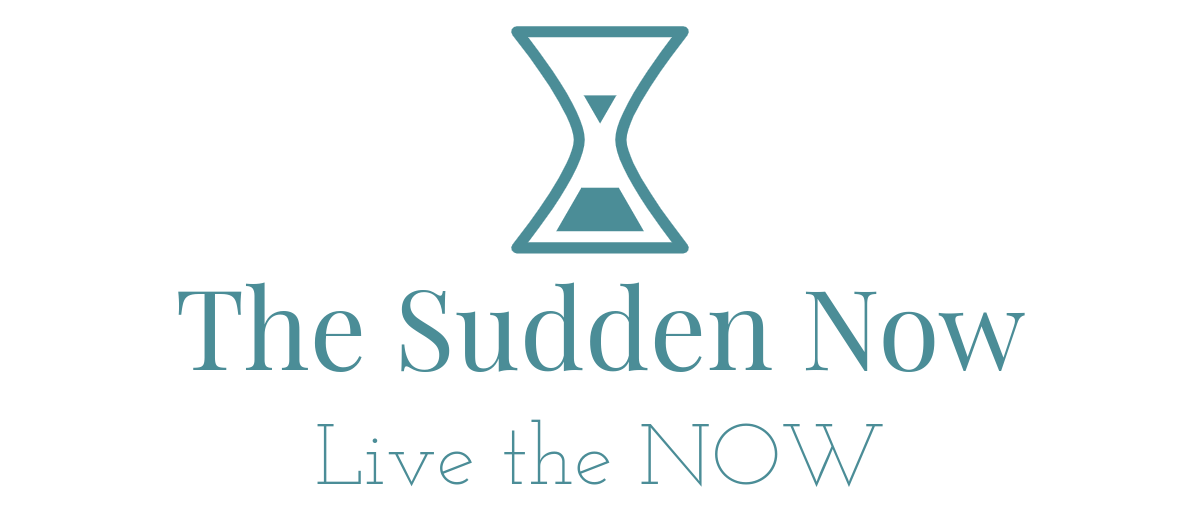
“You’ve been criticizing yourself for years and it hasn’t worked. Try approving of yourself and see what happens.” ~Louise Hay
When I was growing up, it felt like nothing was good enough for my dad. And all I longed for was his acceptance and love.
He had this temper that would blow up, and he’d blame me for how he felt. He would outright tell me his behavior was my fault. That if I’d behaved better, he wouldn’t have had an outburst.
When he told me I wasn’t enough or worthy, I believed him. I was constantly walking on eggshells around him, trying to not annoy him, as his angry words would really hurt.
The confusing thing about my dad was that he wasn’t like this all the time. Sometimes he was loving, affectionate, and warm, and then in a moment he would switch to cold, controlling, and cruel.
As a child, I believed to my core that I was the problem. The only way I thought I could keep myself safe was to try and please him and be the perfect daughter.
I became obsessed with achievement. It started first with my grades and school, and then it was getting the job he wanted me to have. Because sometimes an achievement would get me a crumb of love from him. I would push myself as a child, forsaking rest and hydration at times, so he would see how hard I’d worked.
But it was never enough for him. He would lose his temper on the one day that I was taking a break, telling me that I would never amount to anything.
He would even tell other people how awful his family was when he was drunk. It was beyond humiliating.
Now, at forty-one, these memories with my dad are in the past, but they still haunt me. He has since passed—he took his life fifteen years ago. Turns out my dad wasn’t okay and was struggling with the impact of his own childhood trauma.
But rather than seeking help, he took it out on his family and himself through addiction and, ultimately, his suicide.
His controlling, critical voice still lives in my subconscious mind. It’s his voice that tells me to work harder or that I am not good enough, or questions, “Who do you think you are?”
Even though I consciously know now, as a trauma transformation coach, that his behavior was due to his pain and his words were not the truth, the younger parts of me still believe him. Because those younger parts still feel blamed, shamed, and not enough.
After his passing, I found myself in relationships where others would criticize, control, and deny my reality, and found myself powerless again, just as I’d felt as a little girl.
But by investing in various safe spaces, like support groups, therapy, and coaching, I have been able to step away from these relationships or maintain boundaries so that my younger self is no longer triggered by the pain of the past. This has created space for kinder, more loving relationships to come in.
However, more recently I noticed that even though I’d stepped away from toxic relationships, I had become him to myself. I would speak to myself critically and put myself down. Nothing was good enough, and I would push myself to achieve at any cost, going through cycles of overworking and burnout.
I would push myself to have the ‘perfect body’ with extreme exercise and diet. But then my inner rebel would push back and sabotage the diet and my health through emotional eating.
Constantly pushing myself to be better, I realized, unconsciously, I was still chasing his love. His acceptance even though he wasn’t here.
I had become the controlling critical parent to myself. It was time for me to become the parent I’d longed for and not the parent I’d had.
Here are the five practices that are helping me to heal from my controlling, critical parent—practices that could help you too.
1. I ask myself: Am I being kind to myself?
I have created a pattern interrupter by asking myself, at least three times a day, if I am being kind to myself and, if not, how I can be. I notice my behaviors and inner dialogue and explore how I can shift into kindness.
For example, if I don’t sleep well, is it kind to push myself with a cardio workout and long day of work, or would it be better to go for a walk in nature and take a slower pace?
Or, if I am speaking to myself without self-compassion, is there a more loving way to communicate with myself rather than being nasty?
Each day I make a conscious choice to step into that kind energy. I treat myself how I wish he had treated me.
2. I celebrate myself weekly.
Each Sunday, I reflect on what I am proud of and celebrate myself, even if I’ve done something small, like being consistently kind to myself. I become the cheerleading parent I longed for, and this builds self-esteem.
3. I use affirmations.
I affirm throughout the day that I am safe and enough. That I don’t have to prove my worth or people-please. I can just be me. This helps soothe the critical voice that goes into past fear stories.
I use affirmations to say I love and care for myself. That I am my biggest priority.
4. I listen to my body and choose to take care of it.
Instead of pushing myself physically, I ask myself: How should I nourish myself? Or how should I move my body? What shouldn’t I put into it out of love? I check in with myself if I need rest or if a certain relationship or situation is causing me physical and mental stress. I speak kindly about my body rather than shaming it for not being enough.
5. I reparent the parts of me that are in pain from the past.
My dad will always be part of my story. I can’t change the past, but I can take care of the different parts of me that were hurt. I can show those parts kindness and love through reparenting and inner-child work.
My favorite practice is going back in time to visit my younger self. I give her a hug, ask her how she feels, and then do whatever I can to fulfill her needs. I soothe the hurting parts of her rather than getting her to perform and achieve.
Some days my old behaviors come out, but I use the question “Am I being kind to myself?” to get myself back on track. I also practice self-compassion and forgiveness, as I would never say the things I have said to myself to others.
If you can relate to what I wrote because you had a similar parent, step into being the parent you wished for yourself. Because a happy, loved, affirmed child is better able to live a happy, healthy life than a bullied child that hates herself. Give yourself the gift of love and kindness and watch your story transform.
—
Kids of controlling, critical parents often become people-pleasers and have a hard time setting boundaries. If this sounds like you, Manpreet’s Power of No course can help.
For 10 days only, you can get it in Tiny Buddha’s Feel-Good Summer Bundle—which offers 11 life-changing online tools for the price of one.
If you’re tired of constantly pleasing others at the expense of your own needs and happiness, get the Power of No eCourse in the Feel-Good Summer Bundle today!
